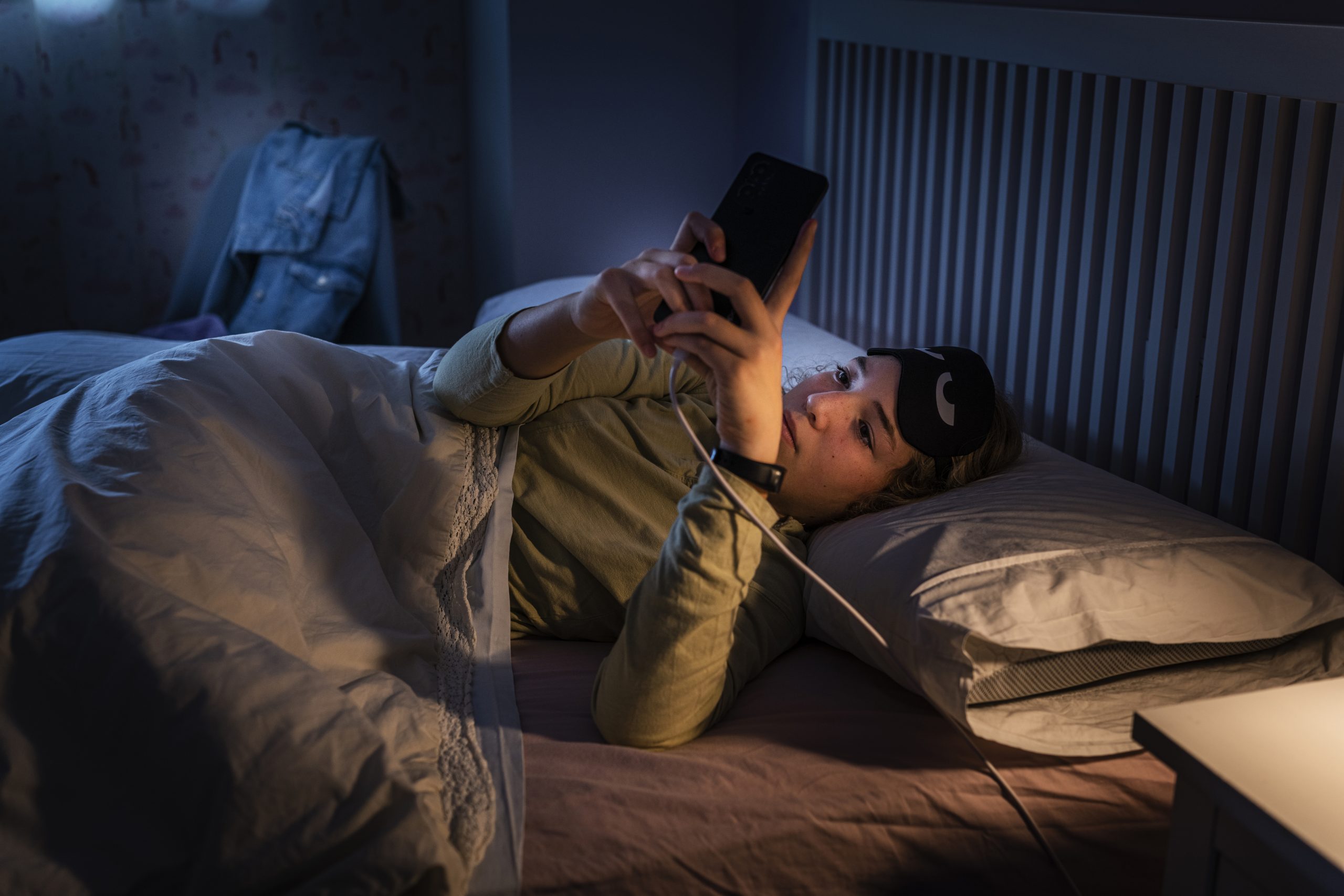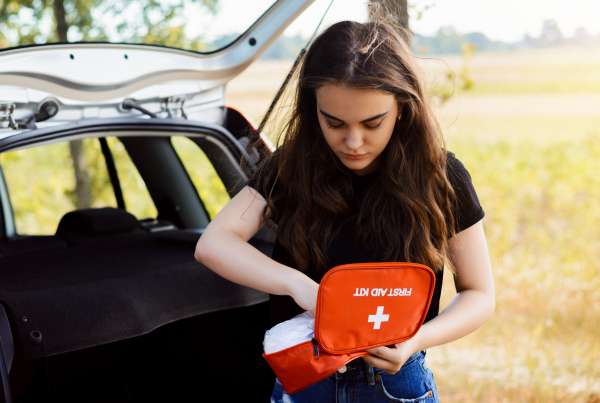How Does Social Media Affect Teens Mental Health? Social media has both a potentially positive and negative impact on teen mental health. It can contribute to anxiety, depression, and low self-esteem due to cyberbullying, unrealistic comparisons, and social isolation. However, it also offers access to support, connection, and self-expression. The overall effect depends on how teens use social media and their ability to manage its pressures.
Teens today are connected through social media. In the US alone, over 90 percent of teens spend time on YouTube, about two-thirds have a TikTok account, and just over half are on Instagram.
Research shows that social media use can correlate with higher rates of anxiety, depression, and low self-esteem from constant comparisons, faked images, and cyberbullying. On the other hand, social media can also connect teens, allow special interests to blossom, and help marginalized teens find digital spaces to belong to.
Balancing these influences is crucial for healthy development. Let’s examine how social media can affect teens.
Understanding Why Social Media Affects Teen Mental Health
The topic of social media usage – and whether it’s a net positive for society – is complex. Even when narrowing it down to teen users, many factors must be considered. For example, why does social media play such a huge role in teen wellbeing?
There’s a two-fold argument: first, social media platforms are designed to drive engagement and encourage constant interaction. Teens spend a huge amount of time on places like YouTube because they offer an unlimited, virtually infinite amount of content at no cost to the user while utilizing sophisticated algorithms that have matured over the years to pinpoint every user’s taste, whether it’s in music, conversational podcast clips, fitness content, makeup tutorials, or tech reviews.
Second, the Internet has supplanted the third space for many teens. The cost of living, urbanization, online interconnectivity, parental concerns, and finally, the pandemic have all but killed physical socializing. Teens spend time together and hang out, but there are fewer places and opportunities for them to do so.
People, including teens, spend most of their time at home or work/school. Third places, from public parks and libraries to other generalized hangout spots, have continuously disappeared, replaced by coffee shops and other places of commerce that incentivize spending money and disincentivize lingering youth. For teens with fewer avenues for free socializing, the Internet becomes the primary place to hang out, whether over a Discord call playing Fortnite or sharing Reels and Shorts.
Social media use among teens is high, but is that bad? According to current research, it’s been a double-edged sword.
Increased Anxiety and Depression
Studies on specific platforms offer mixed results on the benefits and downsides of social media use among teens. Instagram was famously implicated in internal studies performed over at Facebook, analyzing how the platform’s algorithm effectively capitalizes on teens with a propensity for self-harm and eating disorders by catering to their negative impulses and offering them content that is both harmful and addictive.
Further research, as discussed by the American Psychological Association, shows that time spent on social media platforms isn’t relevant. Still, specific activities are: teens that are more likely to seek validation through likes and engagement or look for content based on social comparison are more likely to experience adverse outcomes, such as increased anxiety and depression.
Social Support and Connection
Social media also allows teens to connect with like-minded communities online, providing a sense of belonging and social support, especially for teens who might feel isolated or marginalized offline. This can help to reduce feelings of loneliness and anxiety and reduce instances of self-harm or suicidality, especially among groups such as trans youth.
Social media is also a great place to disseminate information and resources to help teens with issues that they might not feel comfortable exploring in real life, especially in regions of the world where things like an atypical gender identity can paint a target on a teen’s back.
Cyberbullying
Teens are vulnerable to cyberbullying on social media platforms, where negative comments, harassment, and online shaming can occur. This type of bullying can be relentless and often impossible to escape, leading to severe emotional distress and long-term psychological effects.
Because of the potential anonymity of the Internet, cyberbullying can sometimes be even more vicious and long-lasting than physical victimization. The advent of readily available AI editing tools and the prominence of revenge porn means more teens and young adults than ever are victims of unwanted sexualization and abuse online.
Access to Mental Health Resources
Social media platforms can be a valuable source of information and resources on mental health. Teens can find support groups, educational content, and mental health advocates who share coping strategies, provide encouragement, and reduce the stigma around mental health issues, especially if they aren’t sure where else to turn.
Teens who might feel overwhelmed at asking an adult for advice can turn to YouTube to learn more from medical professionals and other verified sources of information. Of course, this can have its drawbacks—the Internet is full of disinformation, and teens can find themselves knee-deep in content meant to draw negative engagement or even radicalize youth.
Body Image Issues
Social media often promotes unrealistic beauty standards, leading teens to develop body image issues. Constant exposure to edited and filtered images can make teens feel dissatisfied with their appearance, potentially leading to eating disorders and low self-esteem.
This affects everyone – even athletes and models who have been caught editing pictures and videos, exaggerating their bodies, sometimes selling programs or products, or sometimes because of their body image problems.
Social Isolation
While social media connects people online, it can also lead to social isolation in real life. Teens might spend excessive time online at the expense of face-to-face interactions, resulting in weaker social bonds and increased feelings of loneliness.
Opportunities for Self-Expression
Social media offers teens a platform to express themselves creatively and authentically. Whether through art, writing, or sharing personal stories, this self-expression can boost self-esteem, foster a sense of identity, and provide an outlet for emotions, contributing to improved mental health.
Research into self-esteem on the Internet has led to mixed results: there are factors that can make social media dangerous for teens with poor self-esteem or a propensity for social comparison, but many teens also benefit from social media use, improving their self-esteem by sharing their achievements online.
Conclusion
Social media’s impact on teen mental health is multifaceted, offering both potential benefits and risks. While it can exacerbate issues such as anxiety, depression, and social isolation, it also provides valuable support networks and creative outlets for self-expression.
The effects largely depend on how teens engage with social media and their ability to navigate its pros and cons. If you’re worried about your teen’s social media use, consider whether their behavior has become problematic due to it or whether they’re benefiting from its use, socially or personally.









